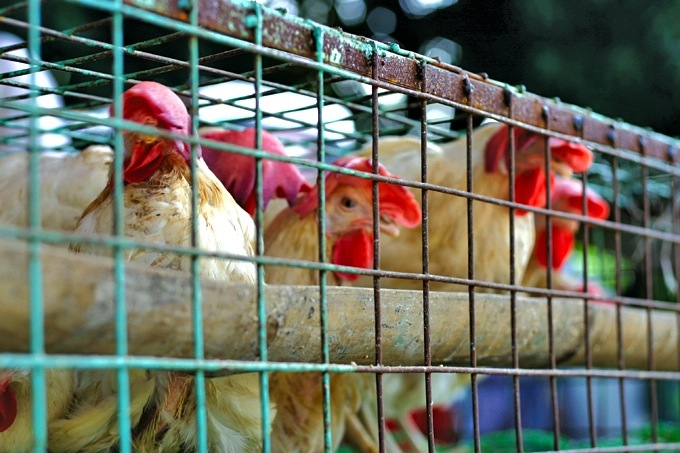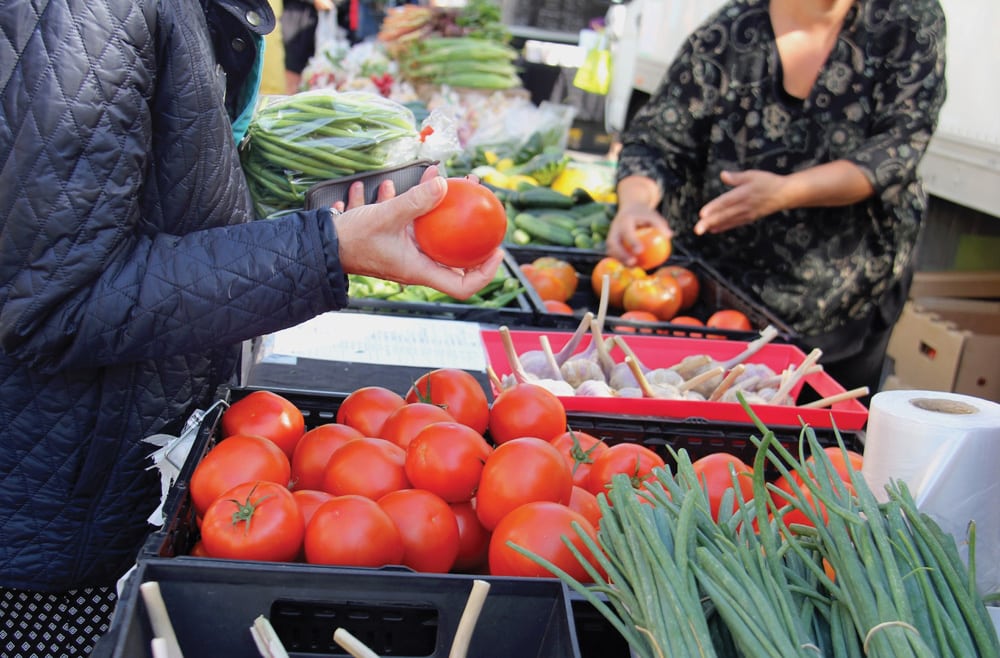The Manitoba Chicken Producers have rejected an appeal on behalf of small farmers, who say a new specialty quota program will impose arbitrary and punitive costs on their operations.
“This is a poor decision for Manitobans who care about where their food comes from, we hope the public will support us as we take this appeal to the Manitoba Farm Products Council,” said Phil Veldhuis, president of Direct Farm Manitoba, which launched the appeal.
It’s the latest move in a months-long dispute as the chicken marketing board attempts to corral all speciality chicken producers under the umbrella of a new, annual specialty quota program. Set to come into effect next year, the new quota program will result in the cancellation of both the Annual Farm Site Permit System and the Special Market Development and Servicing Policy.
Read Also

Province pledges funds to CentrePort Canada
The Manitoba government has pledged $450,000 towards projects at inland port CentrePort Canada.
However, at least six operations with historic exemptions within the province’s supply-managed chicken production system don’t fit into the parameters of the new specialty quota program. The new rules won’t allow a specialty operation to produce more than 30,000 kg of live weight birds per year. The program also imposes new slaughter requirements, which small producers have said will be difficult to meet given there is limited slaughter capacity in the province — only one provincially inspected facility handles specialty poultry.
Affected producers listed in the appeal include Gregory Toews, Albert Peters-Pries, Rudy Reimer, Sharon Hruda, Harry and Sarah Waldner, Derek and Angela Chipiliski and Mike Hofer of Skyview Colony.
“In some cases these producers have had successful production and marketing of chicken under the terminated program for decades, indeed for generations,” Veldhuis said in the written appeal. “This new program has restrictions, limits and fees which unfairly restrict the producers previously approved.”
He adds that the related transitional program does allow producers exceeding the stated production limit to lease additional quota, but at “a substantial and punitive cost.” To remain at current production levels, affected producers would have to pay between $8,160 and $32,880 per year to maintain historic production levels.
Members of the Manitoba Chicken Producers’ board were not made available to speak on the issue. MCP’s executive director wrote in an email response:
“I would really like to (comment) because there has been a significant amount of misinformation and manipulation of facts on what has been published to date in the Co-operator,” Wayne Hiltz wrote in an emailed response. “Unfortunately, due to the process and possibility that this issue could go to appeal, and my inability to discuss specific producer issues, I am not in a position to offer comment at this time.”
However, in a written response to the appeal obtained by the Manitoba Co-operator, Hiltz acknowledges the fact that the board has “temporarily suspended” a key component of the new quota program — that all specialty birds must be slaughtered in a federally or provincially inspected plant.
“The Board appreciated that the current capacity of inspected processing plants is currently somewhat limited,” he writes, but adds that the board questions the status of the direct farm marketing organization when it comes to intervening in the issue.
The next step for affected producers and Direct Farm Manitoba is to return to the Manitoba Farm Product Council, asking them to hear their appeal.
“Indeed we already did that but they decided to give the chicken producers a chance to fix it first before they heard our appeal at the provincial level,” Veldhuis said.
In the interim, he is urging both farmers and consumers to contact the Manitoba Chicken Producers and Manitoba’s Minister of Agriculture to voice concerns with the new specialty quota program.















